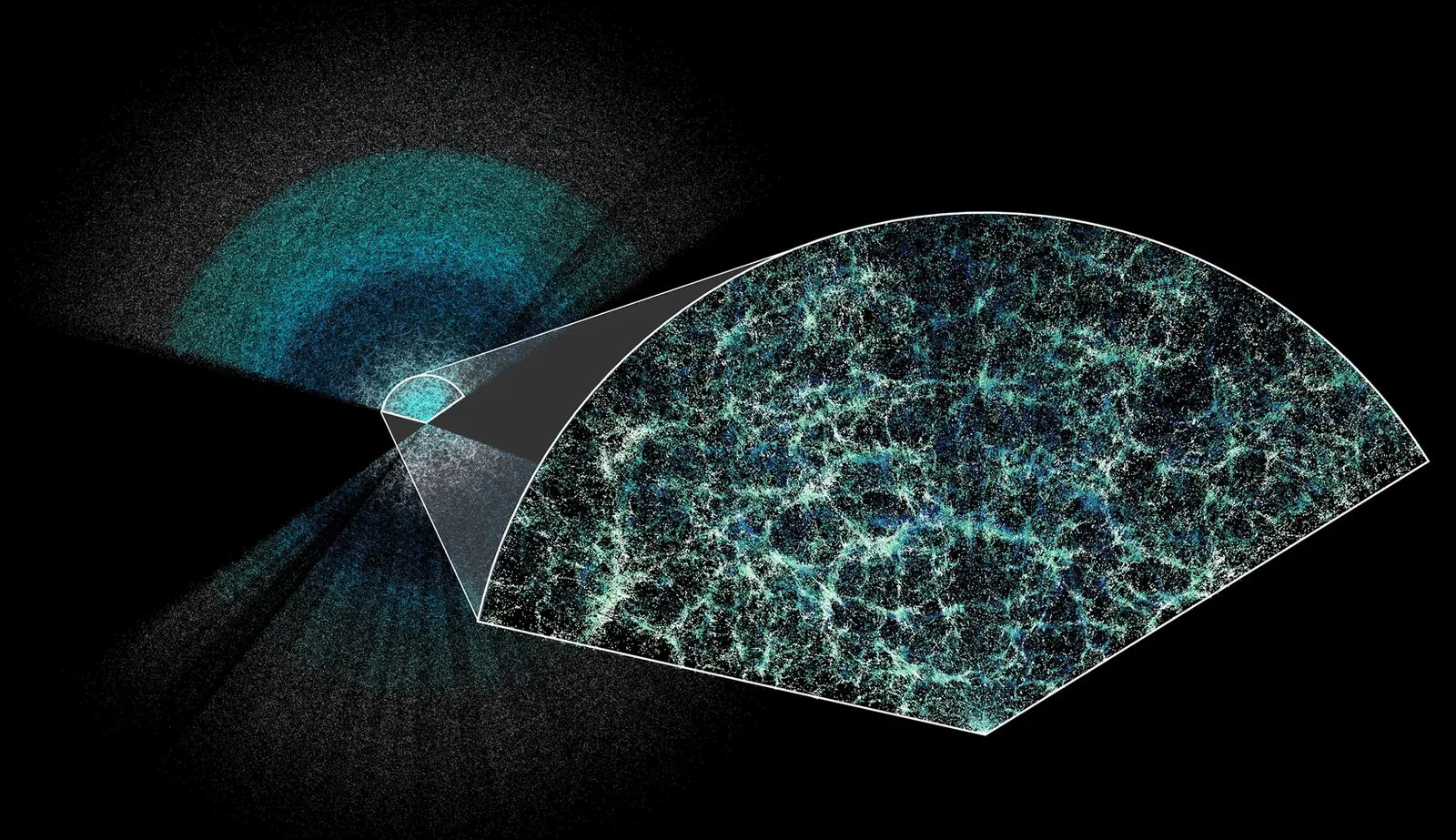The groundbreaking revelation about the potential weakening of dark energy, which drives the universe’s accelerating expansion, has sent shockwaves through the physics community. This intriguing finding, if confirmed, could revolutionize our understanding of the cosmos.
The insights stem from the Dark Energy Spectroscopic Instrument (DESI) team’s unveiling of an expansive map of the universe, accompanied by a wealth of data derived from the map. Among the key highlights is a trend suggesting that the influence of dark energy might be diminishing over time.
“It’s possible we’re witnessing signs of dark energy evolving,” remarked Dillon Brout, a member of the DESI team from Boston University.
Although researchers caution against jumping to conclusions, the evidence is compelling. Three different sets of observations hint at the erosion of dark energy, challenging the conventional view of dark energy as a constant intrinsic property of space.
The notion of dark energy dates back to 1998 when astronomers, including Nobel laureate Adam Riess, observed that the universe’s expansion was accelerating. This phenomenon suggested the presence of a mysterious energy associated with space itself, dubbed dark energy.
DESI’s state-of-the-art telescope, equipped with robotic fibers, has facilitated rapid data collection, enabling the creation of the most detailed cosmic map to date. By analyzing the spectra of galaxies, DESI researchers can pinpoint their distances from Earth, providing crucial insights into cosmic history.
Initial analysis of the DESI data, conducted through a “blind” process to avoid bias, revealed intriguing discrepancies with the standard model of cosmology, known as Lambda CDM. Subsequent investigations, incorporating data from various cosmological sources, bolstered these findings.
While the statistical significance of these observations is noteworthy, researchers urge caution, acknowledging the complexities of cosmological analyses. However, the convergence of results from multiple independent data sets lends credence to the possibility of evolving dark energy.
If dark energy is indeed changing over time, it challenges the prevailing notion of a static cosmological constant. Instead, it suggests the presence of a dynamic scalar field, reminiscent of the early universe’s inflationary period.
The implications of this discovery are profound. Not only does it offer new insights into the nature of dark energy, but it also opens the door to a deeper understanding of the cosmos. As researchers continue to gather data and refine their analyses, the next few years promise to be transformative for cosmology.















































